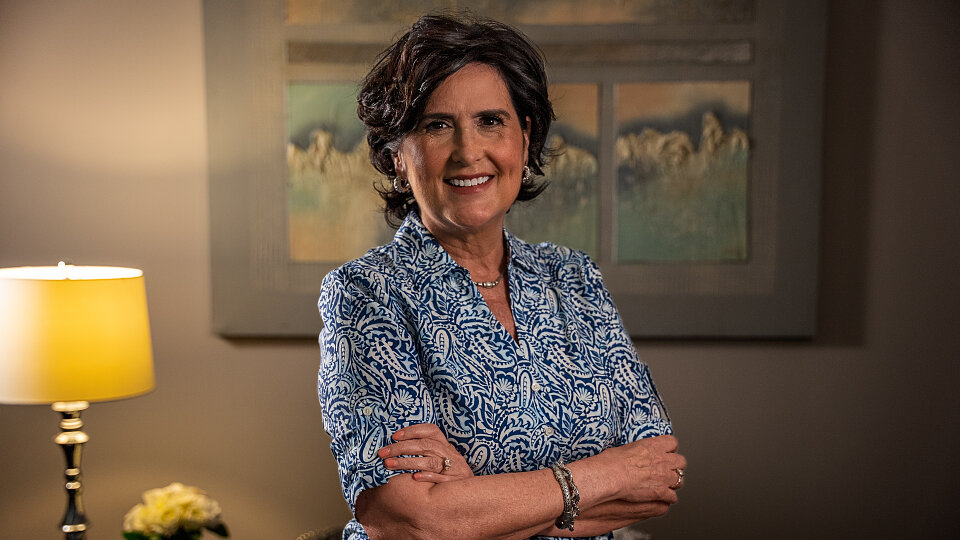Adoption is a lifelong journey
You often hear about adoption referred to in the past tense. For example, “John was adopted.” It’s spoken of like it’s complete and finished.
But the reality is that adoption is a lifelong process. It isn’t a single event that happened and now it’s done. While the paperwork, legal process and certificates may be done, the actual adoption is a journey the adoptee will live every day for the rest of their lives. The process is a complicated mental and emotional journey. There is a healing process from the trauma, grief and loss involved with adoption and each person experiences it differently.
Adoption looks different during different seasons
Think about the long-term relationships in your life: your relationships with your friends, spouse, parents, siblings, kids, grandparents, coworkers, etc. Now think of how those relationships have evolved over the years.
They don’t stay stagnate as you both grow and change. The relationship develops with you. In the same way, we can’t expect an adopted person’s viewpoint on their adoption and the relationships involved with it to stay the same.
When an adopted child is 12 years old, they may see their birth family, adoptive family and themselves in one way. At 22, they may view things entirely differently. Each season of life may bring new feelings or emotions about one’s adoption. It is normal for an adopted person to process things differently during different ages and stages of life.
No two adoptions, adoption stories or adopted persons are the same
When we acknowledge the same person can process their adoption in many ways, it’s easier to imagine how different each adopted person views adoption. Adoption represents both joy and loss. Grief and gain.
There is so much complexity and a variety of emotions involved in each adoption. Some adoptees know their biological family well. Some know very little about their birth family and have no opportunity to learn more. Some adopted persons will search for answers and find things they may or may not like. Sometimes adoptees have no desire to know more of their story.
The way each person feels about adoption and how they process it is valid. Others must be careful to respect each person’s unique perspective.
There’s more to an adoption story
Some adoptees will learn more details about their adoption throughout their lives.
For example, a child may know very little information, then as a young adult, can connect with their birth parents and find more information. Others may look for answers they’re unable to find.
Sometimes an adopted person will look for answers to medical history or to know more about their cultural or racial background. Others may just feel a part of their identity is missing and desire more answers. However much or little they want to know is up to them.
Respecting an adopted person’s story
An adoptee’s story is just that: their story. It’s not anyone else’s story but theirs and they should be able to decide how much or how little they share with people, if at all. No one can ever know exactly how an adopted person feels, but it’s important to have empathy and educate yourself about the sensitivity surrounding adoption.
If you learn someone is adopted don’t take that fact as an opportunity to ask more questions. Though there’s no shame surrounding the topic of adoption, it is a private matter.
Adoptive parents and adoption stories
Oftentimes the narrative surrounding adoption comes from the perspective of adoptive parents. But the most important perspective about the adoption is from the adoptee. While the adoptive parents and adoptive family are a large part of the story, the story still belongs to the adopted person.
Respecting an adopted person’s story also involves questions for the adoptive parents. Well-meaning family and friends may be curious, but adoptive family members who know more details should also honor, respect and protect the adopted person’s story.
The adoption journey
Adoption isn’t a one day decision and done. It’s a lifelong journey that requires patience, strength and understanding. An adopted person will never “move on” from their adoption and the complexity of emotions that it comes with.
Adoption is a part of who an adopted person is and it’s something that will be everchanging their whole life.
Check out these videos of adult adopted persons’ sharing their perspectives on adoption.
· An adult adopted person’s perspective on the sensitivities associated with adoption
· The privacy of personal adoption stories
· What is gaslighting and how does it impact adopted persons?
· Transracial adoption from an adult adopted person’s perspective
· Talking to adopted persons about birth families and adoption paperwork




Comments